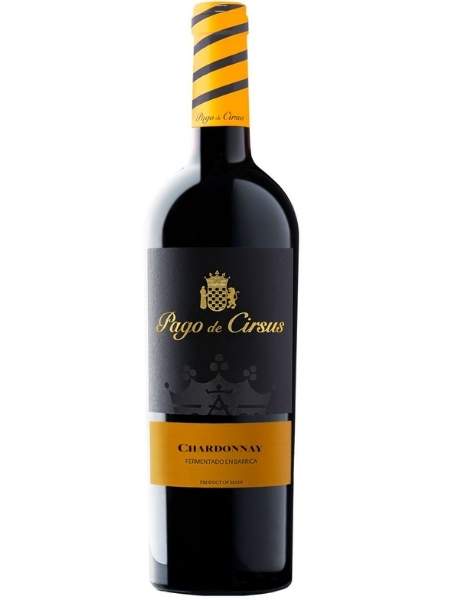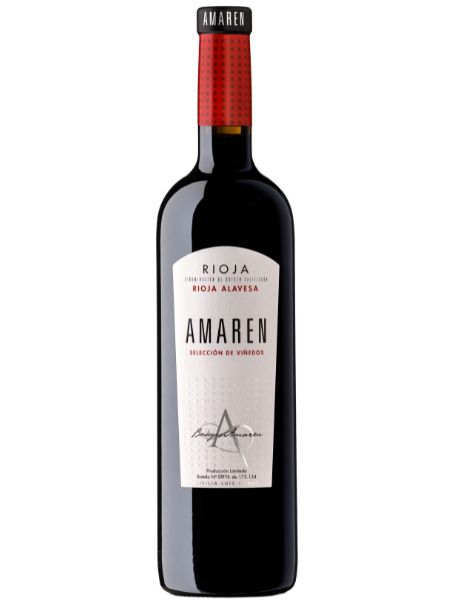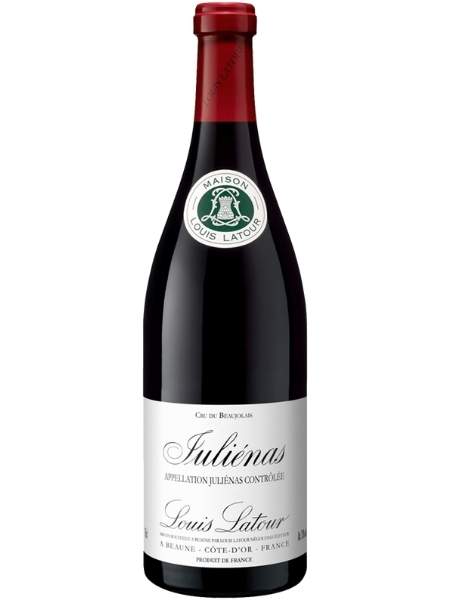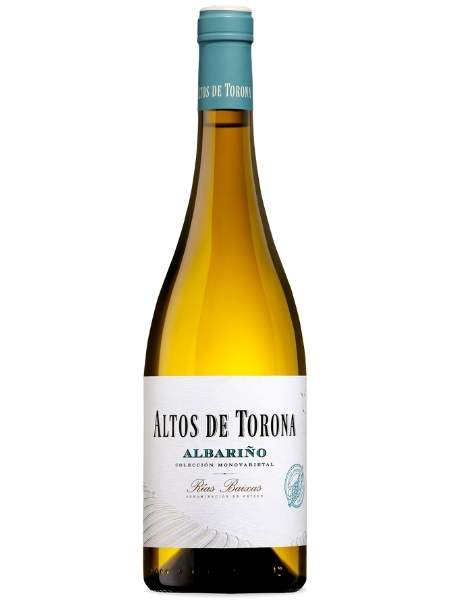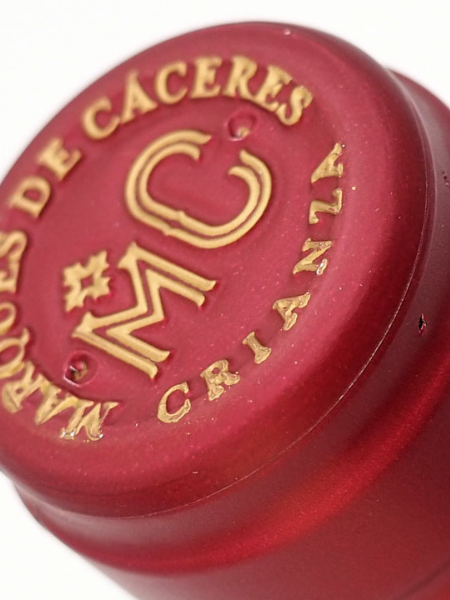
Are Organic Wines Better for You?

With a burgeoning interest in living cleaner, more health-conscious lifestyles, the choice to go organic extends far beyond the supermarket. It's no secret that the organic movement has been making tidal waves in the food industry, but what about where the cork meets the bottle? As health enthusiasts and sustainability advocates flock to organic produce, the buzz around organic wine is becoming harder to ignore. But are organic wines truly the healthier, more ethical, and tastier choice they're often touted to be?
For those of us who revel in the occasional glass or appreciate the nuanced palette of a fine wine, understanding our options and their influences on our health and well-being is a pursuit we can all benefit from. This exploration into the realm of organic wines dives into a comparison between organic and conventional wines, touching on their health impacts, environmental footprints, and even the subtler aspects such as taste.
Table of Content:
Benefits of Organic Wines
Reduced Exposure to Pesticides and Additives
One of the most compelling reasons to choose organic wine is the significant reduction in exposure to synthetic pesticides and herbicides. These chemicals, often used prolifically in conventional vineyards, can leave behind residue on grapes and in the wine. In contrast, organic vineyards rely on natural cultivation methods, which means that with each lush-tasting sip, you're not ingesting harmful pesticides.
Higher Antioxidant Levels
The "French Paradox" introduced the notion of a potential health benefit from wine consumption, specifically the antioxidants found in red wine such as resveratrol. In the spirit of harnessing more of these health-protecting compounds, organic wines, with their limited interventions, may have higher natural antioxidant levels, making them not just better for you, but perhaps, quite literally, a tonic for the body.
Environmentally Sustainable Practices
Organic vineyards operate under a sustainability banner, employing practices such as cover cropping, composting, and biological pest control. They also work to maintain soil health and reduce erosion with methods like crop rotation and green manure. By opting for organic wines, you're not only supporting these eco-friendly practices but also contributing towards safeguarding our planet for future generations.
Health Impact Comparison
Nutritional Value Comparison
Nutritionally speaking, wine is not a significant source of vitamins or minerals, but the organic movement advocates that a higher concentration of healthful compounds can be found in organic varieties. Conventional wines also contain sulphites, which organic wines strictly limit.
Potential Health Risks in Conventional Wines
While moderate wine consumption is generally considered beneficial, some products may pose potential risks to consumers due to the presence of various additives and pesticide residues. Conventional wines can also contain higher levels of sulphites, which may cause adverse reactions in some individuals
Sustainability and Ethical Considerations
Organic Farming Practices
Organic farming isn’t just about avoiding synthetic inputs—it's a comprehensive approach to agriculture, working with nature instead of against it. Organic vineyards foster a balanced ecosystem and operate with principles that respect the natural world, ensuring the long-term health of the land and its surroundings.
Impact on the Environment and Biodiversity
Choosing organic wine contributes to minimizing the impact on the environment. This practice helps protect the air, water, and soil, as well as the flora and fauna in vineyard ecosystems. By preserving biodiversity, organic vineyards become vibrant habitats for a variety of species, promoting a healthier, more robust environment overall.
Taste and Quality
Influence of Organic Farming on Flavor Profile
Many wine aficionados claim that organic growing practices result in more expressive grapes, which subsequently yield wines with a fuller, more distinctive profile. The argument goes that the health of the vine directly correlates to the quality of the grape—and, consequently, the wine—with organic farming fostering a more 'true' expression of terroir.
Perception of Quality in Organic Wines
There seems to be a general consensus that organic wines are crafted with more attention to detail and a clear intention to produce a superior product. The elimination of chemical shortcuts in the winemaking process often leads to a wine that both tastes and feels better, reinforcing the idea that organic wines provide a higher quality, more refined experience.
The move towards organic wines is more than just a fad; it's a shift towards healthier, more sustainable consumer choices. From the vineyard to the bottle, organic wines offer a narrative that promotes a holistic approach to well-being, one that is dedicated to health, taste, and the environment.
While it's true that scientific consensus on the unequivocal health benefits of organic wines is still evolving, the anecdotal evidence is strong: organic wines are a growing preference amongst health-conscious consumers.
With the evidence suggesting that organic wines might indeed be better for you, it's becoming increasingly clear that they offer a compelling package of benefits. By opting for organic, you're not only choosing a wine that's potentially better for your health, but also one that champions ecological responsibility and, to many discerning palates, tastes just that little bit better.
The next time you peruse the wine selection, take a moment to consider the story behind the label—and raise a glass to your health and the health of our planet. Cheers to the organic life!






